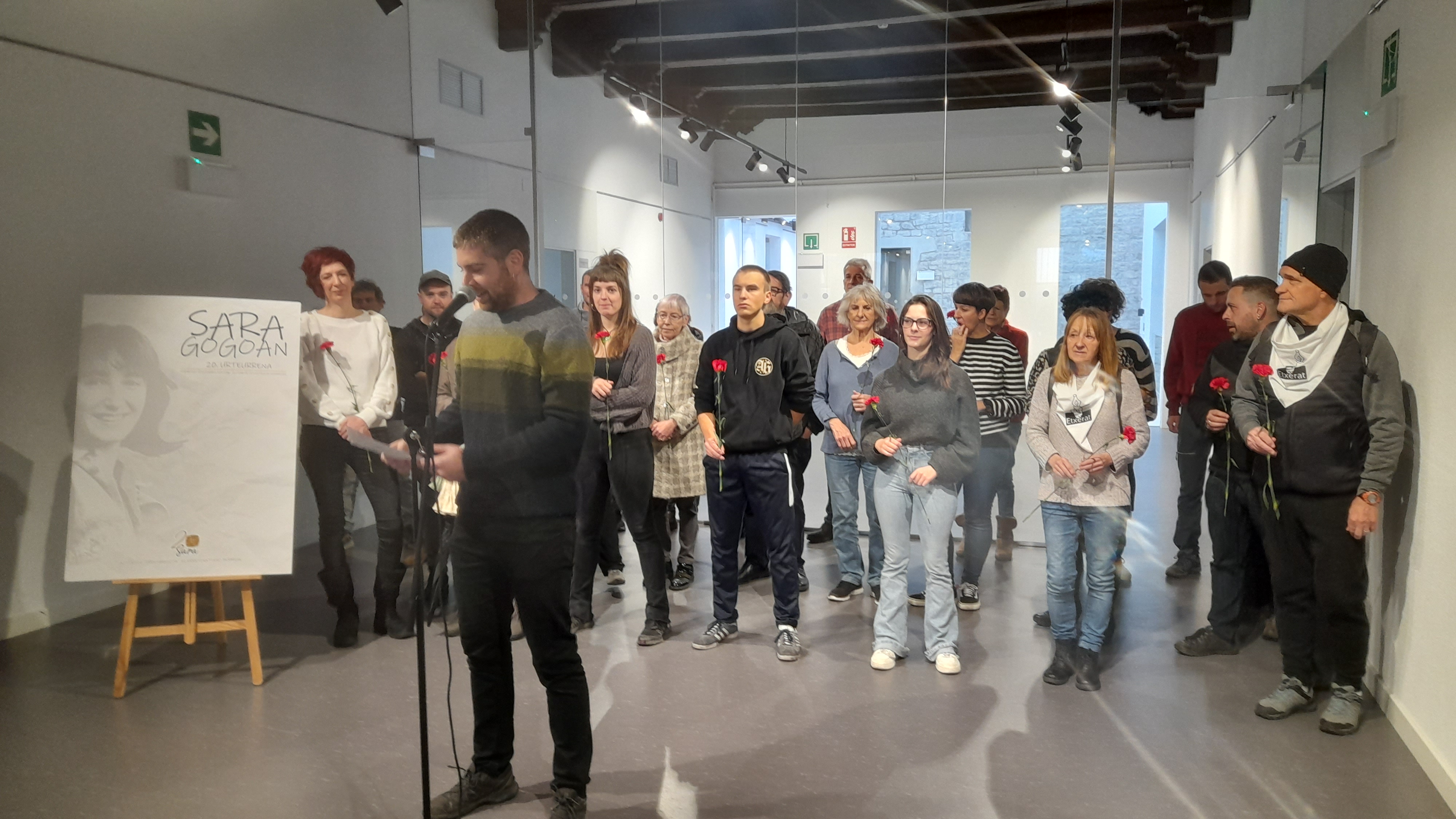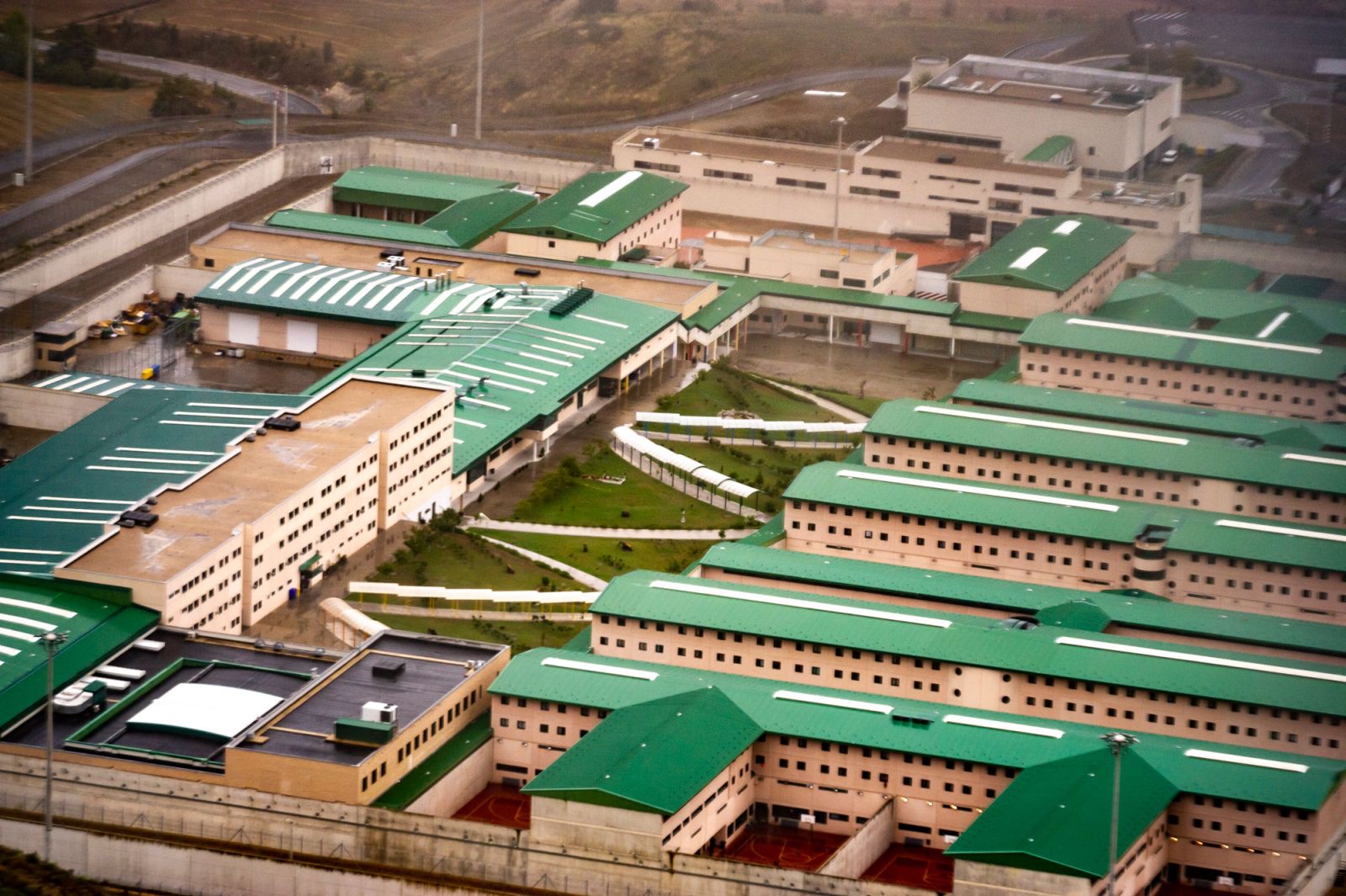Laudio calls for recognition by Pili and Fontso
- Concentration at noon on the Herriko Plaza de Llodio on the occasion of the 33rd anniversary of the death of Pili Arsuaga and Fontso Isasi. Both neighbours died on 1 July 1990 in the traffic accident suffered by Maribi Ramila during his visit to the Basque political prisoner. They were the first Basques killed by the policy of dispersion. Since then, 14 other relatives and friends of Basque prisoners have died on the roads.

They denounce that dispersion was a “war strategy” and that its consequences have been “painful”. Now, with the “Basque repatriation of prisoners”, they have acknowledged that the burden of family and friends has been “softened”, but they have claimed that they should not “be discouraged”. “We have to bear in mind that without the exceptional interpretation of the National High Court and complying with current legislation, there would be 100 fewer people imprisoned.” They have also recalled that they have “names and surnames” of those responsible for this strategy, “and they remain committed to making ethical requests with us.”
In this sense, mention the column of Martxelo Otamendi about the death of Andoni Uzalu. “Andoni was also a member of ETA p-m and non-basic. This fact has been forgotten when writing Unzalu’s biography, most of the media who receive the label ‘former ETA member’ to others, and some political parties have a similar attitude to those who are ETA members and join their party. They have never asked them to make a critical reading of what they had done before and we have many examples with which they have entered both the PNV and the PSE”.
In the face of this, Pili and Fontso ask for “the recognition of all other relatives and dead members” during the meeting, ensuring that they “will never forget”.
On 25 March, the dispersal of Basque prisoners officially ended. According to the head of the El País line, "34 years later, the Spanish Ministry of the Interior has put an end to the dispersion of ETA prisoners". The Basque media also reported the date, while political parties... [+]
Etxarri Aranazko Jon Gurutz Maiza Artola preso politikoa Frantziako Estatuko Lannemezaneko espetxetik (Euskal Herritik 330 kilometrotara) Donostiako Martuteneko kartzelara hurbildu dute, Etxeratek zabaldu duenez.
Garazi Abrisketa (Zollo, 1988) eta Aitana Izagirre (Zollo, 1993) Mirentxin Gidariak ekimenaren parte izan dira eta euren esperientzia azaldu dute, baita taldearen disoluzioak utzi dien sentsazioa ere.




















